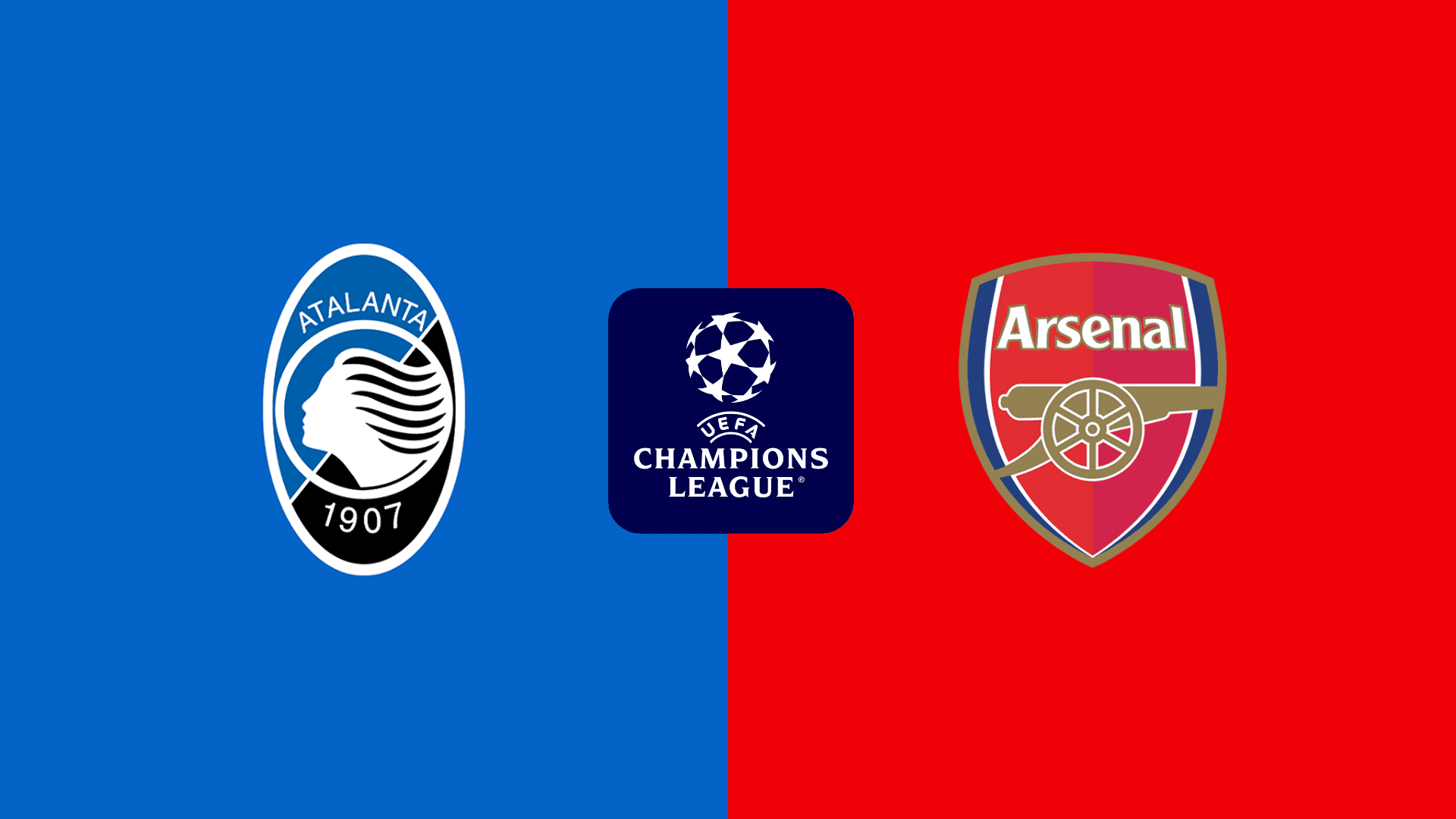
The Ultimate Gauntlet: UCL Semifinal Drama, History, and Stats
The UEFA Champions League semifinal is not merely a stage; it’s a crucible where footballing dreams are forged or shattered. It’s the penultimate act in Europe’s most prestigious club competition, a two-legged gladiatorial contest that strips away all pretense and leaves only raw emotion, tactical brilliance, and the relentless pursuit of glory. For fans, it’s a period of unparalleled tension, for players, it’s the ultimate test of nerve, and for historians, it’s a treasure trove of unforgettable moments, etched into the annals of the beautiful game. This article delves into the rich tapestry of the UCL semifinals, exploring the compelling drama, the storied history, and the intriguing statistics that define this iconic stage.
The Crucible of Champions: Defining the Semifinal Stage
Unlike the group stage, where a slip-up can be rectified, or even the quarter-finals, where the pressure is immense but the final still seems a distant dream, the semifinals are distinct. They represent the final hurdle before the grand showpiece, the last chance to prove one’s mettle against another European giant. The stakes are astronomically high, the margins razor-thin. A single away goal, a last-minute winner, a controversial refereeing decision, or a moment of individual brilliance can swing the tie. This inherent unpredictability, coupled with the two-legged format that demands both endurance and strategic acumen, makes the UCL semifinal the most consistently thrilling phase of the tournament.
Teams must balance attacking prowess with defensive solidity, manage physical and mental fatigue, and often navigate hostile away environments. The pressure is palpable, turning even the most seasoned professionals into bundles of nerves, leading to both heroic feats and agonizing errors.
A Tapestry of Triumphs and Tragedies: Historical Perspective
The history of the Champions League semifinals is intrinsically linked with the evolution of European football itself. From the early dominance of Real Madrid in the European Cup to the tactical revolutions of the modern era, the semifinal stage has been a constant witness to the shifting power dynamics and the rise of legendary clubs.
Dominant Dynasties and Recurring Fixtures:
Certain clubs have made the semifinal stage their second home, none more so than Real Madrid. The undisputed kings of the competition, Real Madrid holds the record for the most semifinal appearances, a staggering 32 times (as of the 2023-24 season), converting 18 of those into final berths. Their consistent presence speaks volumes about their enduring quality and their deep-seated connection with the competition.
Bayern Munich is another perennial presence, a German juggernaut that has regularly reached the final four, showcasing their blend of power, precision, and tactical discipline. Their clashes with Real Madrid have become a modern classic, often dubbed "Der Klassiker" of European football, producing some of the most intense and high-quality semifinal encounters.
FC Barcelona, particularly during their tiki-taka era under Pep Guardiola, frequently graced this stage, displaying a brand of football that captivated the world. Their rivalry with English clubs, especially Chelsea, has also provided unforgettable semifinal drama, marked by incredible comebacks and controversial moments.
AC Milan in the late 80s and early 90s, with their legendary Sacchi and Capello teams, also left an indelible mark, demonstrating defensive solidity and attacking flair in equal measure. More recently, English clubs like Liverpool, Manchester United, and Chelsea have consistently found their way to the semifinals, reflecting the Premier League’s growing influence.
Evolution of Tactics:
The semifinals have also been a showcase for tactical evolution. From the rigid defensive systems of Catenaccio to the fluid "Total Football" of Ajax and the aggressive "Gegenpressing" of modern German and English sides, each era has left its tactical imprint. Coaches like Arrigo Sacchi, Johan Cruyff, Sir Alex Ferguson, Pep Guardiola, José Mourinho, and Jürgen Klopp have all masterminded semifinal victories, often through tactical gambles that paid off handsomely. The chess match between two elite managers, each attempting to exploit the other’s weaknesses over 180 minutes, is a fundamental part of the semifinal allure.
The Unforgettable Moments: Semifinal Drama Unveiled
Drama is the very essence of the Champions League semifinal. It’s where football truly earns its "beautiful game" moniker, showcasing the full spectrum of human emotion – from elation to despair, from heroic defiance to agonizing surrender.
Miraculous Comebacks:
Perhaps the most iconic element of semifinal drama is the comeback. Teams, seemingly dead and buried after a first-leg deficit, rise from the ashes to produce performances that defy logic.
- Liverpool vs. Barcelona (2019): Trailing 3-0 from the first leg at Camp Nou, few gave Liverpool a chance, especially without key players Mohamed Salah and Roberto Firmino. Yet, at a raucous Anfield, Jürgen Klopp’s side produced one of the greatest comebacks in football history, winning 4-0 (4-3 on aggregate) with Divock Origi and Gini Wijnaldum scoring braces. It was a testament to belief, intensity, and the power of a home crowd.
- Tottenham Hotspur vs. Ajax (2019): Just 24 hours after Liverpool’s heroics, Tottenham delivered their own. Losing 1-0 at home and going 2-0 down in Amsterdam (3-0 on aggregate), Mauricio Pochettino’s side looked defeated. But a second-half hat-trick from Lucas Moura, including a dramatic 96th-minute winner, sent Spurs to their first-ever Champions League final.
- Real Madrid vs. Manchester City (2022): Trailing 5-3 on aggregate with less than two minutes of normal time remaining in the second leg, Real Madrid, the kings of European comebacks, conjured magic. Two quick goals from Rodrygo in the 89th and 90th minutes forced extra time, where Karim Benzema’s penalty completed a stunning turnaround, sending City crashing out.
Last-Gasp Winners and Penalty Shootouts:
The semifinal stage is ripe for moments of individual brilliance or collective resolve in the dying seconds. From Lucas Moura’s aforementioned winner to countless goals in extra time, the tension is unbearable. When games remain tied after 180 minutes and extra time, the dreaded penalty shootout looms, a psychological battle where heroes are made and dreams are shattered. The 2012 semifinal between Real Madrid and Bayern Munich saw Manuel Neuer’s heroics deny Cristiano Ronaldo and Kaká, sending Bayern to the final on penalties. Similarly, Chelsea’s 2012 victory over Barcelona in the semi-final, though not decided by penalties, featured a dramatic late goal from Fernando Torres, securing their improbable passage to the final against Bayern, which they then won on penalties.
Controversy and Rivalry:
No major competition is without its share of controversy, and the UCL semifinals have seen their fair share. The Chelsea vs. Barcelona semi-final of 2009, infamous for numerous denied Chelsea penalty appeals and referee Tom Henning Øvrebø’s performance, remains a talking point. These moments, while frustrating for the losing side, add to the folklore of the competition, fueling rivalries and providing endless debate for years to come. The sheer intensity of these games often pushes players and officials to their limits, leading to flashpoints and red cards that dramatically alter the course of a tie.
The Numbers Game: Statistical Insights
While drama captivates, statistics provide the quantifiable evidence of supremacy, consistency, and the sheer scale of achievement on this grand stage.
Team Records:
- Most Semifinal Appearances: As noted, Real Madrid leads by a significant margin with 32 appearances, highlighting their unmatched pedigree in the competition.
- Most Semifinal Wins (Ties Won): Real Madrid also tops this list with 18 successful qualifications to the final from their 32 attempts.
- Most Semifinal Losses (Ties Lost): Conversely, Barcelona and Bayern Munich have experienced their share of semifinal heartbreak, with multiple eliminations at this stage.
Player Records:
- Most Goals in Semifinals: Cristiano Ronaldo stands as the undisputed king of UCL semifinal goals, with an incredible 17 goals in this stage. His ability to perform in the biggest moments is a defining characteristic of his career.
- Lionel Messi follows closely behind with 14 goals, showcasing his equally prolificacy and decisive impact.
- Most Semifinal Appearances (Player): Ronaldo and Iker Casillas share the record for most appearances in UCL semifinals, demonstrating their incredible longevity at the elite level.
General Trends and Anomalies:
- Away Goal Rule (Pre-2021-22): For decades, the away goal rule added an extra layer of strategic complexity, often leading to cagey first legs and explosive second legs. Its abolition in 2021-22 has subtly shifted tactical approaches, perhaps leading to more open games.
- Home Advantage: While less dominant than in earlier rounds, the atmosphere of a packed home stadium in the second leg can still provide a significant psychological boost, as demonstrated by Liverpool’s comeback against Barcelona.
- Goal Averages: Semifinals tend to be slightly lower-scoring than quarter-finals or group stages, reflecting the increased defensive caution and the quality of the opposition. However, the average number of goals per tie still ensures plenty of excitement.
- Penalty Shootout Frequency: While not exceedingly common, penalty shootouts are a recurring feature of the semifinals, occurring roughly once every few seasons, making them a significant statistical decider.
The Modern Era: Evolving Semifinal Dynamics
The modern era of the Champions League semifinals has seen new narratives emerge. The rise of financial powerhouses like Paris Saint-Germain and Manchester City, often backed by state wealth, has added a new dimension, allowing them to assemble squads of unparalleled depth. This has led to intense debates about financial fair play and the competitive balance of European football.
Despite this, traditional giants continue to contend, and tactical innovation remains crucial. The emphasis on high pressing, quick transitions, and versatile players has become paramount. VAR (Video Assistant Referee) has also introduced a new layer of scrutiny, aiming to reduce controversial decisions but sometimes creating new ones through its slow and meticulous process.
The global reach of the Champions League means that semifinal matches are watched by hundreds of millions worldwide, turning players into global icons and magnifying every success and failure. The narratives created on this stage resonate far beyond the football pitch, shaping legacies and inspiring generations.
Conclusion: The Enduring Allure
The UEFA Champions League semifinal is a unique and irreplaceable part of the football calendar. It is a stage where history is not just revisited but actively made, where drama unfolds with breathtaking intensity, and where statistics tell a story of consistent excellence and unforgettable moments. It’s where the tactical genius of coaches meets the individual brilliance of players, all under the immense pressure of securing a place in club football’s grandest final.
As the competition continues to evolve, one thing remains constant: the Champions League semifinal will forever be the ultimate gauntlet, a testament to human endeavor, sporting prowess, and the captivating, unpredictable nature of the beautiful game. Each season promises new heroes, new heartbreaks, and new chapters in this endlessly compelling story.



